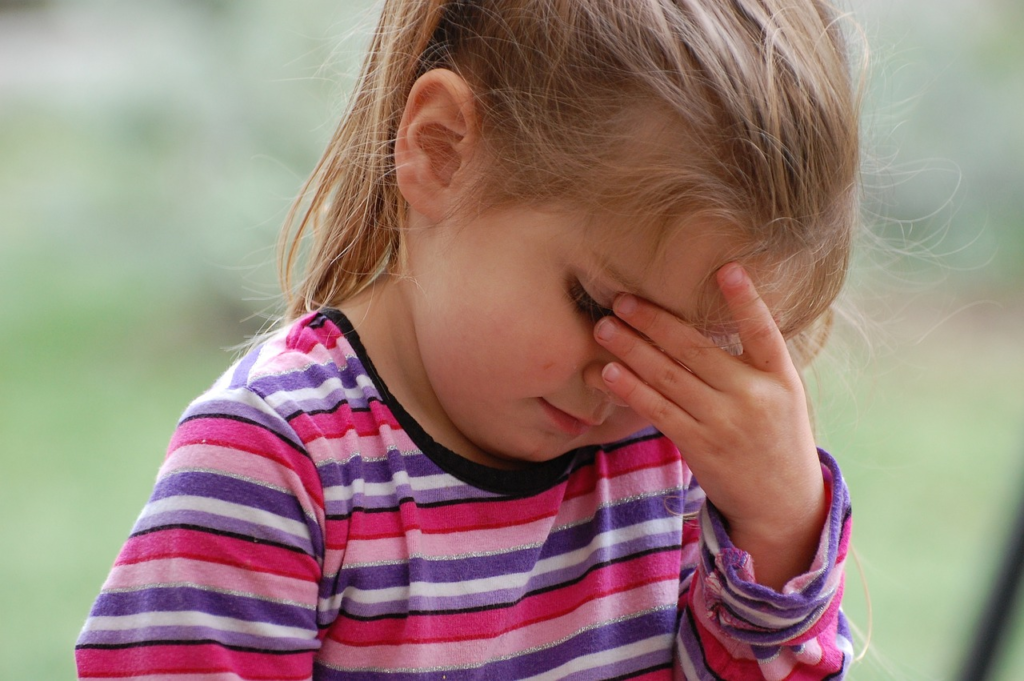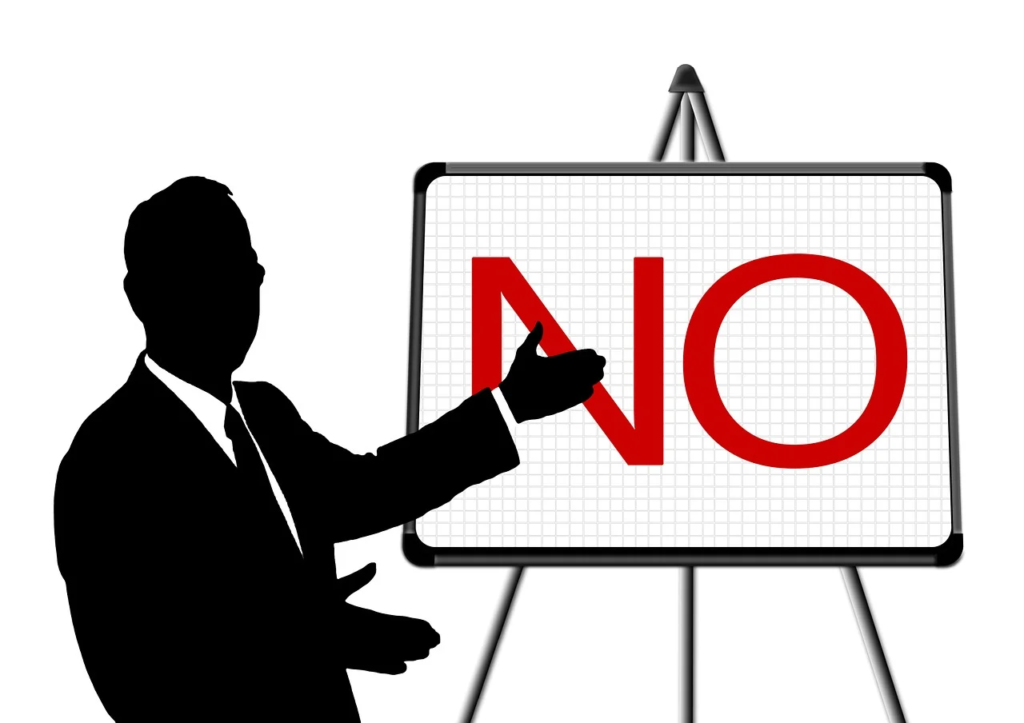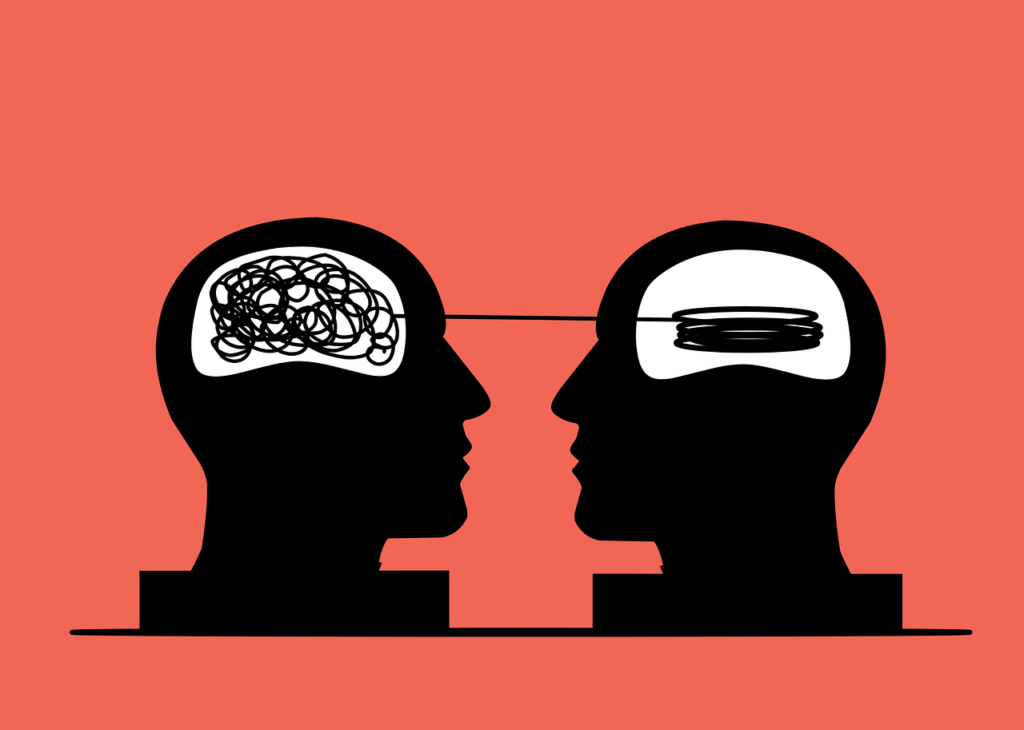Some individuals go through life skillfully dodging accountability and placing blame on others. While everyone occasionally makes excuses, those who habitually refuse to take responsibility exhibit clear, consistent traits. These behaviors can create toxic environments and hinder personal growth. Let’s explore five defining traits of people who refuse to take responsibility and instead blame others.
1. Chronic Finger-Pointing

Blame-shifters have an uncanny ability to redirect attention from their own actions. When confronted with their mistakes, their first reaction is to point fingers. This defense mechanism protects their self-image and deflects scrutiny.
Take, for instance, a workplace scenario where a team project fails. Instead of acknowledging their part in the misstep, a blame-shifter might accuse colleagues of incompetence or claim unfair expectations were placed on them. A study in the Journal of Social and Clinical Psychology reveals that such behavior often stems from an inability to cope with accountability.
This habit not only alienates those around them but also prevents meaningful introspection and growth.
2. A Reluctance to Apologize

For those who shirk responsibility, offering a genuine apology feels like admitting defeat. They fear apologies will make them seem weak, so they often avoid them altogether or deliver hollow, insincere statements like, “I’m sorry you feel that way.”
Apologizing requires self-awareness and humility, traits blame-shifters lack due to their focus on self-preservation. According to research, this avoidance reinforces their cycle of denial, as taking responsibility is the first step toward personal growth.
Read More: Parents Who Aren’t Close With Their Adult Kids Usually Have These 10 Traits
3. Victim Mentality

Blame-shifters often cast themselves as perpetual victims. This narrative allows them to elicit sympathy while excusing their own shortcomings. Whether it’s blaming a tough boss, bad luck, or societal forces, they use the victim role to justify inaction or poor decisions.
This mentality not only stunts their own progress but can also strain relationships. People grow tired of constant negativity and the inability to move beyond blame. As one study highlights, a victim mentality is closely tied to low self-esteem and an external locus of control, where individuals believe their fate is dictated by forces outside their control.
4. Denial of Reality

Denial is a hallmark of individuals who avoid responsibility. They often rewrite events in their minds to absolve themselves of blame. For instance, if a project deadline is missed, they might argue that they were never informed of the timeline, even when evidence proves otherwise.
This tendency to bend reality creates frustration for those around them and prevents constructive dialogue. It also highlights an unwillingness to engage in self-reflection, a critical skill for personal and professional growth.
5. Lack of Empathy

Empathy requires acknowledging the impact of one’s actions on others, something blame-shifters struggle to do. Instead of considering how their behavior might affect colleagues, friends, or family, they prioritize their own image and deflect accountability.
A lack of empathy often leads to fractured relationships, as others feel undervalued or unfairly targeted. Without this essential trait, blame-shifters fail to build trust and connection, further isolating themselves in their quest to avoid responsibility.
Conclusion

Recognizing these traits can help you navigate interactions with individuals who refuse to take responsibility. Whether they’re pointing fingers, denying reality, or playing the victim, their behaviors stem from a fear of vulnerability and rejection. Addressing these patterns requires self-awareness, empathy, and a commitment to change. For those unwilling to evolve, their blame-shifting may continue to hinder their relationships and personal growth.
By identifying these tendencies, you can better protect yourself and encourage accountability in your interactions. After all, growth begins when we take ownership of our actions and learn from our mistakes.
Read More: Men Who Make Great Husbands and Partners Display These 11 Traits

